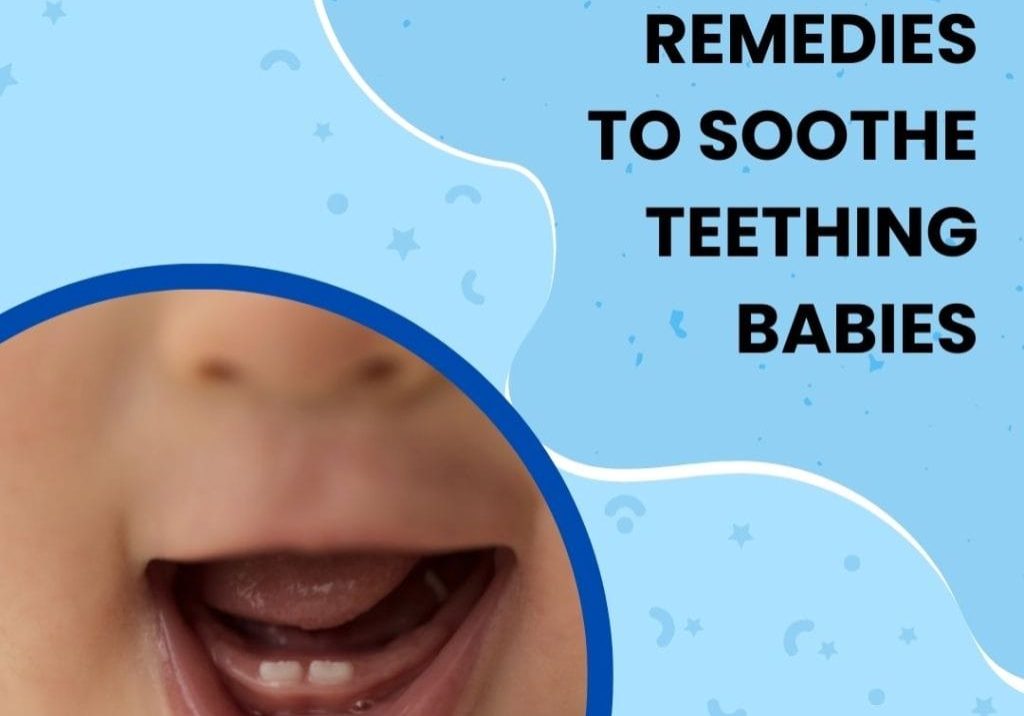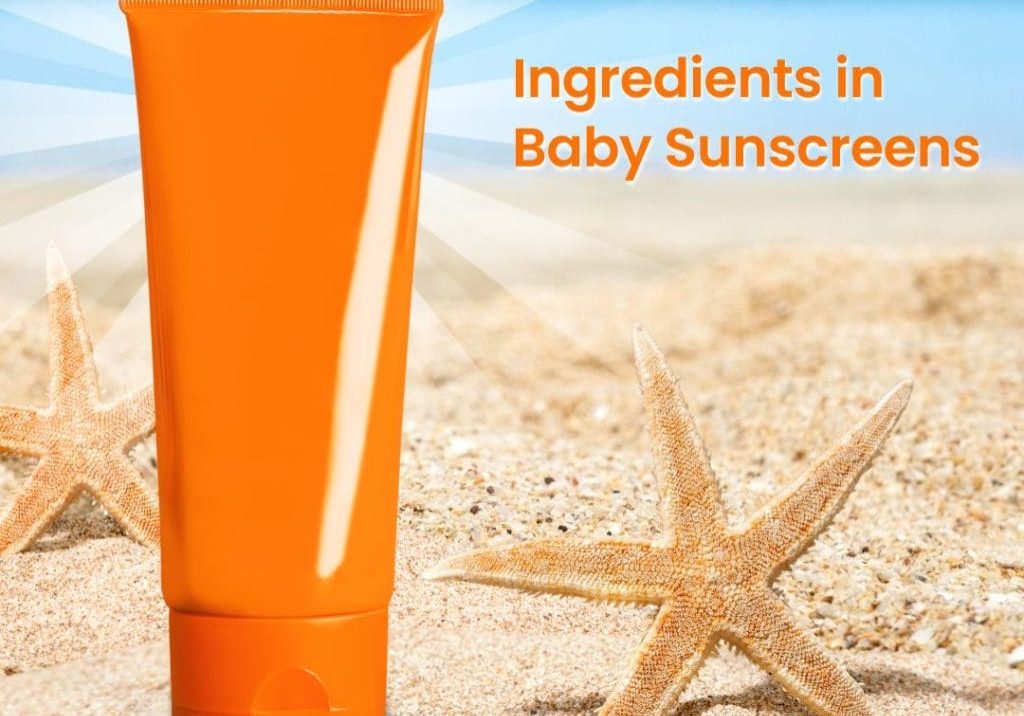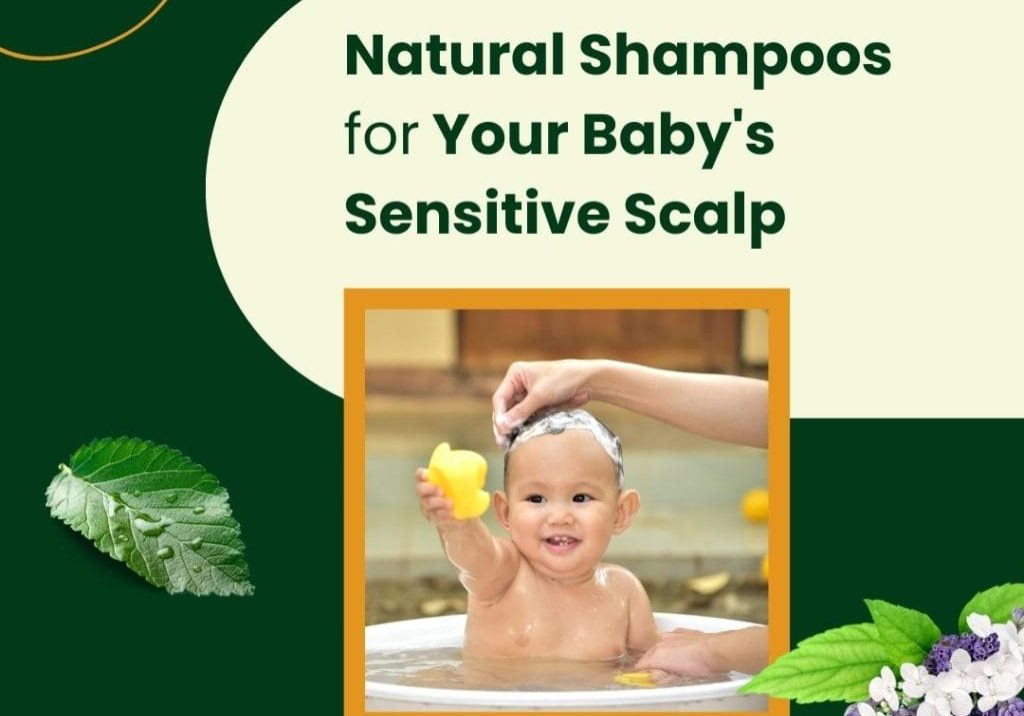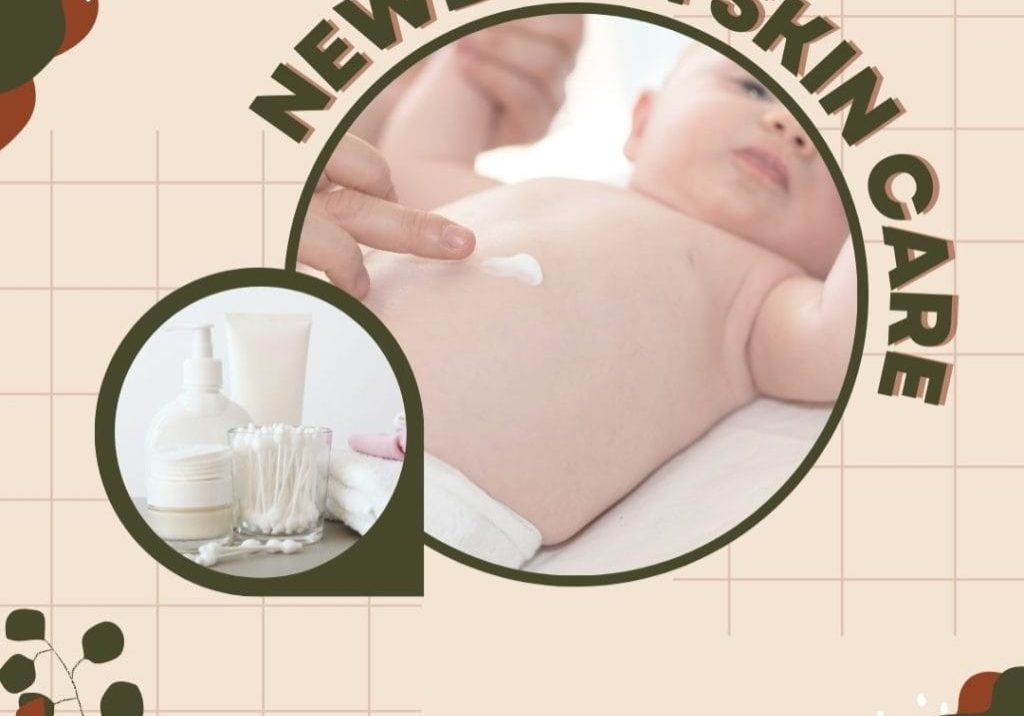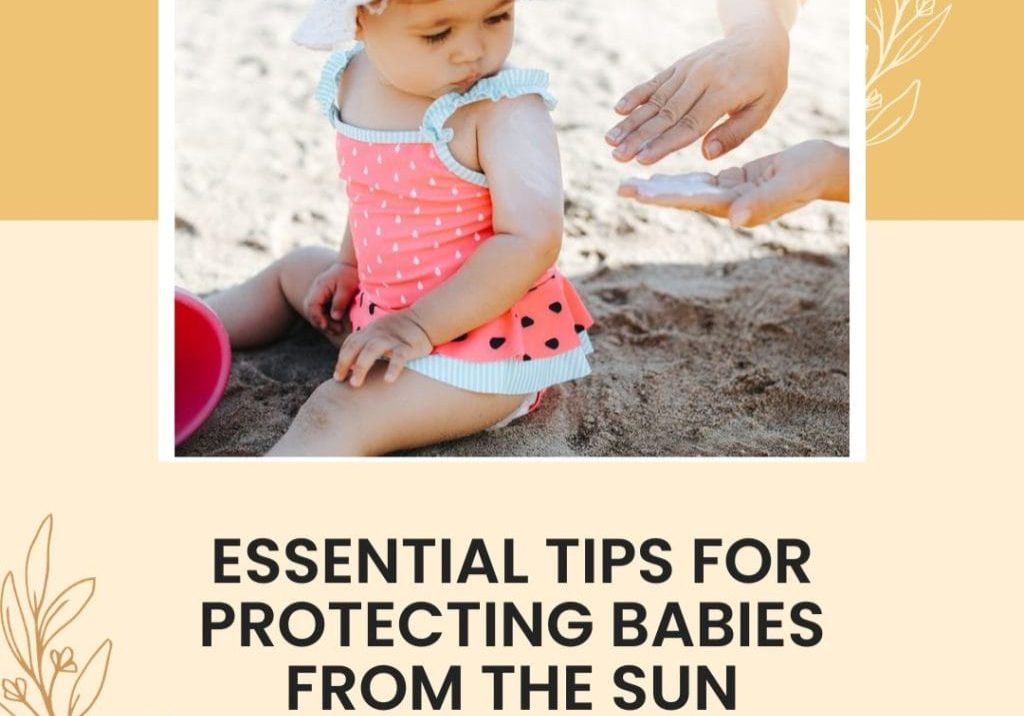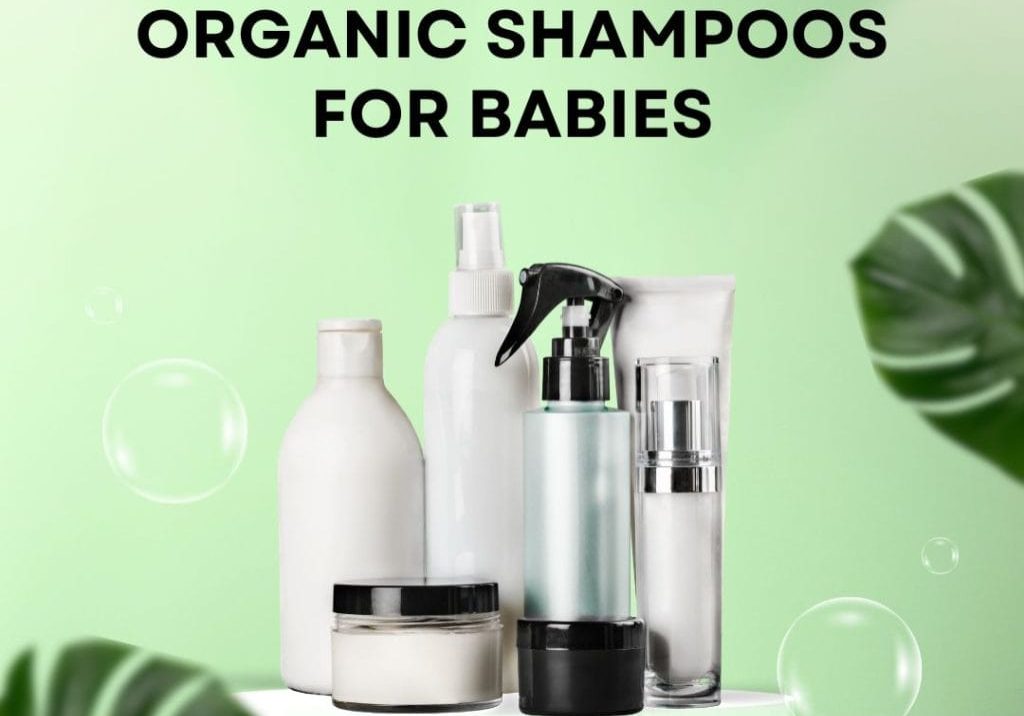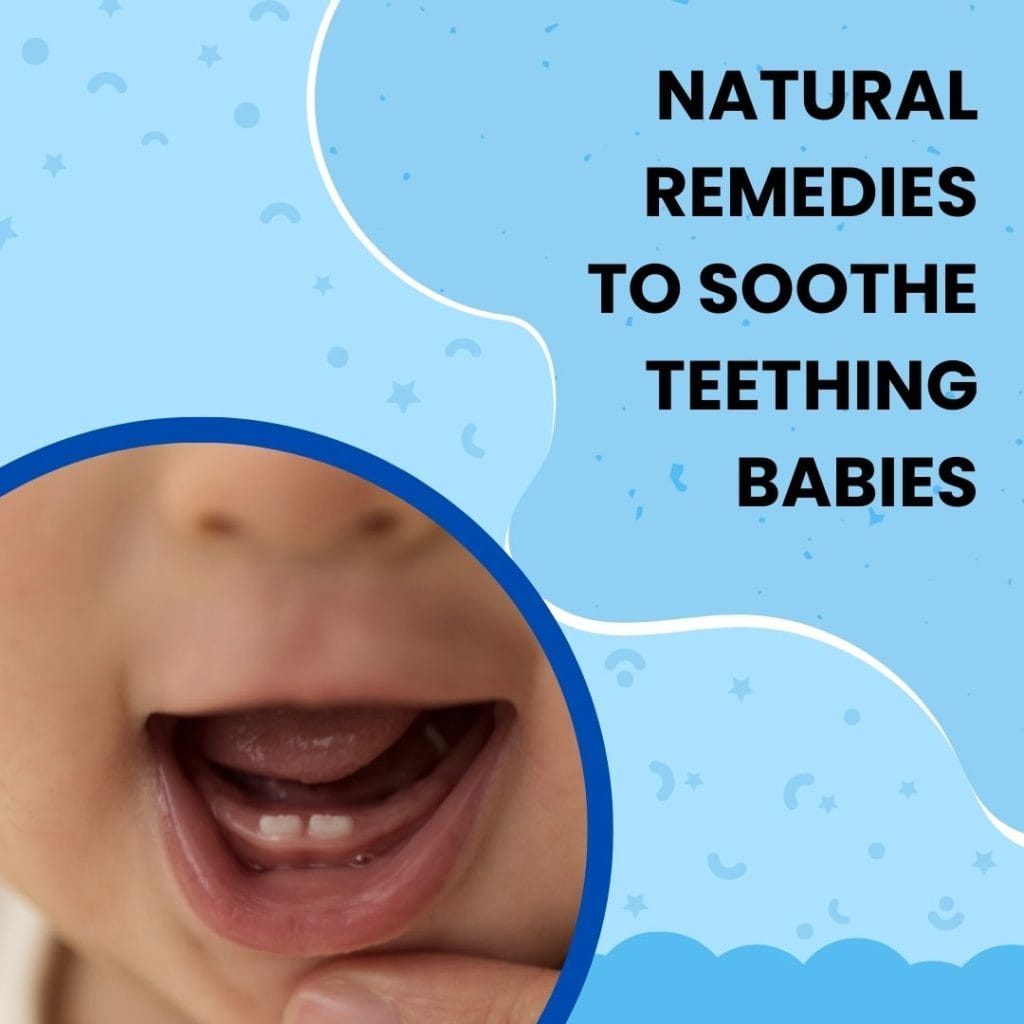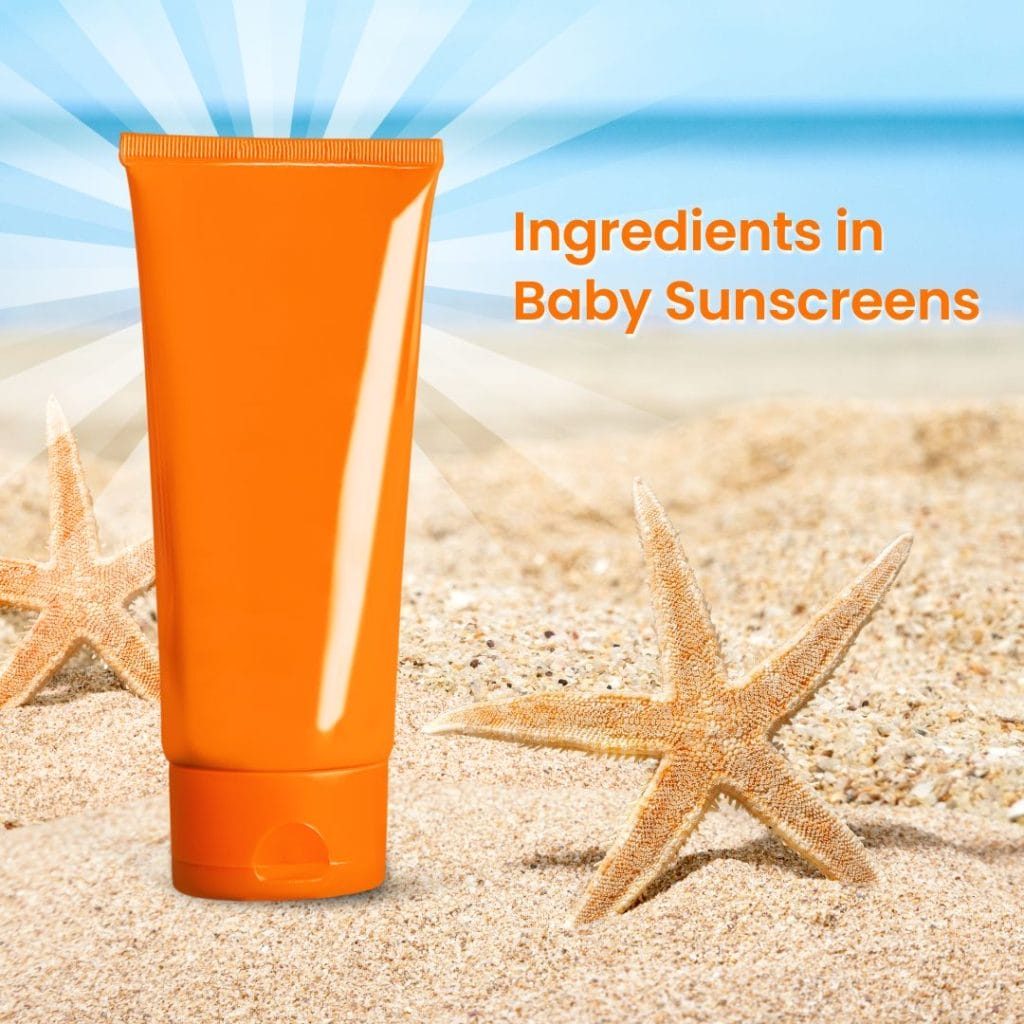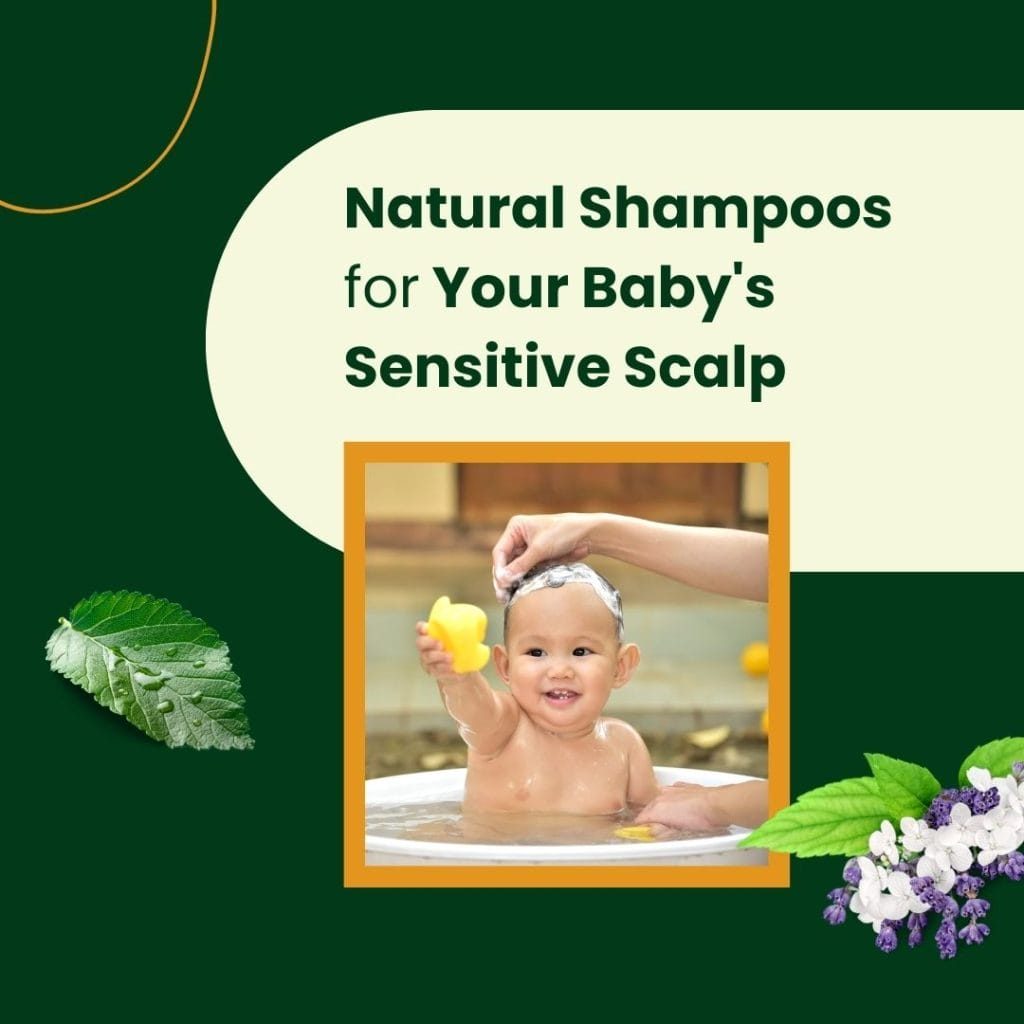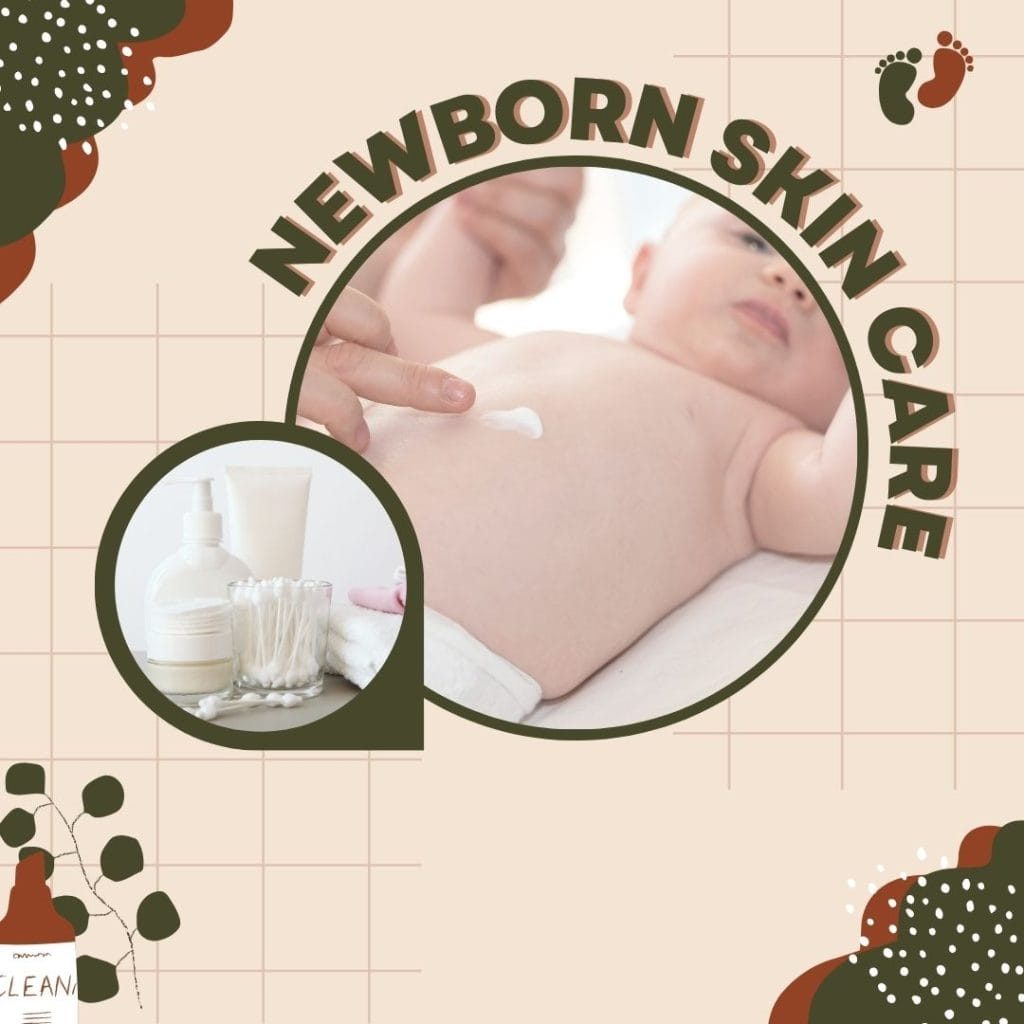Caring for a newborn is an exciting yet daunting task for many parents and caregivers. With the overwhelming amount of advice and products available, it’s crucial to have clear and reliable information at your fingertips. This article is designed as a pillar of knowledge, aiming to support you through the early stages of parenthood by offering expert advice on the most essential aspects of baby care.
As your baby grows, their exposure to the environment increases, making sun protection a critical topic for discussion. We’ll provide you with a comprehensive list of the best baby sunscreens and offer valuable insights into the ingredients to look for, ensuring your baby is protected from harmful rays while maintaining skin health.
Bathing Your Baby: The Importance of Gentle Cleansing
Bathing your baby is not just about cleanliness; it’s also a special time for bonding and soothing your little one. Understanding the importance of gentle cleansing can significantly impact your baby’s health, comfort, and happiness. This article will guide you through the essentials of baby bathing, emphasizing the importance of gentle cleansing to ensure your baby’s well-being.
Understanding Baby’s Skin
Before we delve into bathing techniques, it’s crucial to understand that a baby’s skin is much more delicate than adult skin. It’s thinner, more prone to dryness, and highly sensitive to external irritants. That’s why choosing the right bathing products and techniques is essential to protect and nurture your baby’s skin.
The Importance of Gentle Cleansing
- Protecting the Skin Barrier: Gentle cleansing helps maintain the skin’s natural barrier, preventing dryness and irritation. Harsh soaps or vigorous rubbing can strip away natural oils, leaving your baby’s skin vulnerable to irritation and infections.
- Preventing Skin Conditions: Babies are prone to various skin conditions like diaper rash, eczema, and cradle cap. Gentle cleansing with hypoallergenic, fragrance-free cleansers can help minimize the risk of these issues.
- Promoting Comfort and Relaxation: Bath time should be soothing. Using gentle, soft motions and warm water can help calm your baby, making bath time a relaxing experience for both of you.
Choosing the Right Products
When selecting bathing products, look for those specifically formulated for infants. These should be:
- Tear-free: Ensures that the product won’t irritate your baby’s eyes.
- Hypoallergenic: Minimizes the risk of allergic reactions.
- Fragrance-free: Avoids chemicals that can irritate the skin and respiratory system.
- pH-balanced: Matches the natural pH of your baby’s skin to maintain its natural balance.
Remember, less is more when it comes to bathing your baby. You don’t need to bathe your newborn daily; a few times a week is typically sufficient unless they are visibly dirty or soiled.
Techniques for Gentle Cleansing
- Prepare Everything in Advance: Have all your supplies — towel, washcloth, mild cleanser, diaper, and clothes — ready before you start.
- Right Water Temperature: Use warm water, not hot, to fill the baby tub or sink. It should feel comfortable to the inside of your wrist or elbow.
- Soft Touch: Use a soft washcloth or your hands to gently apply the cleanser to your baby’s skin. Be extra gentle around the face, genital area, and any folds of skin.
- Rinsing Thoroughly: Ensure no soap residue is left on the skin, as this can cause irritation and dryness.
- Patting Dry: After bathing, gently pat your baby’s skin dry with a soft towel. Avoid rubbing, as this can be too abrasive for their delicate skin.
- Moisturizing: Apply a gentle, baby-friendly moisturizer immediately after bath time to lock in moisture and protect their skin.
Protecting Your Baby’s Skin: Understanding Its Unique Needs
As parents or caregivers, the health and comfort of your baby is always a top priority. An essential aspect of caring for your little one is understanding and protecting their delicate skin. This article delves into the unique characteristics of baby skin and provides guidance on how to nurture and protect it from common irritants and issues.
Understanding Baby Skin
Baby skin is much more than a protective barrier; it’s also incredibly delicate and still developing during the first year of life. Here’s what makes baby skin unique:
- Thinner and More Permeable: Baby skin is up to 30% thinner than adult skin, making it more permeable and susceptible to irritants, changes in temperature, and moisture loss.
- Sensitive: Babies have a higher pH level than adults, making their skin more prone to dryness and irritation from environmental factors.
- Immature Melanin Production: Babies have less melanin, the pigment that provides some protection against the sun. This means they’re more susceptible to sun damage.
The Need for Special Care
Given these unique characteristics, baby skin requires special attention and care:
- Gentle Cleansing: Use mild, pH-balanced cleansers designed specifically for babies. Avoid frequent bathing as it can strip away natural oils and lead to dryness.
- Moisturizing: After bathing, apply a gentle baby moisturizer to keep their skin soft and hydrated. Look for products that are fragrance-free and made with safe, hypoallergenic ingredients.
- Protection from the Sun: Keep your baby in the shade as much as possible and dress them in protective clothing. Use baby-specific sunscreen when appropriate, particularly after they turn six months old.
- Choosing the Right Fabrics: Opt for soft, breathable fabrics like cotton to prevent irritation and allow their skin to breathe. Avoid rough materials and tight clothing.
- Managing Diaper Area: Change diapers frequently to keep the area dry and clean. Use barrier creams to protect against diaper rash and allow diaper-free time to let the skin breathe.
Common Skin Issues and How to Address Them
- Diaper Rash: This is common due to the moist environment in diapers. Keep the area dry, change diapers frequently, and use barrier creams.
- Eczema: Characterized by dry, itchy patches of skin, eczema can be managed with hypoallergenic moisturizers and avoiding irritants.
- Cradle Cap: This involves crusty or oily patches on the scalp. It usually resolves on its own, but you can use a soft brush to gently remove scales and wash the area with a mild baby shampoo.
- Heat Rash: Caused by blocked sweat glands, keeping your baby cool and dry is the best prevention.
Tips for Healthy Baby Skin
- Regular Checkups: Keep an eye on any changes in your baby’s skin and consult a pediatrician with any concerns.
- Hydration: Ensure your baby is well-hydrated, especially in hot weather, to maintain skin health.
- Understanding Ingredients: Always read labels and understand the ingredients in the products you use on your baby’s skin.
Sun Protection for Babies: The Importance of Early Age Defense
Sun protection is a critical aspect of health care for individuals of all ages, but it’s especially crucial for babies whose skin is particularly vulnerable to the harmful effects of the sun’s rays. Understanding the need for sun protection from an early age can help prevent immediate discomfort and long-term skin damage. This article will explore why sun protection is essential for babies and how to ensure they are adequately protected.
Understanding the Risks
The delicate skin of babies is significantly thinner and less pigmented than adult skin, making it more susceptible to the sun’s ultraviolet (UV) rays. These rays can cause not only immediate harm, such as sunburn, but also long-term damage, increasing the risk of skin cancer and premature aging later in life. Therefore, it’s vital to protect your baby’s skin from the outset.
The Need for Early Sun Protection
- Developing Skin: A baby’s skin is still developing and is less capable of protecting itself from UV damage.
- Vulnerable Immune System: Babies have a developing immune system, and sunburn can lead to more significant complications beyond just skin damage.
- Cumulative Damage: Sun damage is cumulative over a lifetime. Protecting skin from a young age helps reduce the risk of skin cancer and other skin-related conditions later on.
Effective Sun Protection Strategies
- Shade: Always prefer shade, especially during the sun’s peak hours (10 AM to 4 PM). Use strollers with canopies, trees, or umbrellas to create shade.
- Clothing: Dress your baby in lightweight, long-sleeved shirts, long pants, and wide-brimmed hats that cover the neck and ears. Clothes with a tight weave offer better protection.
- Sunglasses: Protect your baby’s eyes with sunglasses that provide 100% UV protection.
- Sunscreen: For babies over six months, apply a broad-spectrum sunscreen with an SPF of at least 30 to all exposed areas of the skin. For younger babies, consult a pediatrician before using sunscreen and opt for physical barriers like clothing and shade.
- Hydration: Keep your baby well-hydrated, especially on hot days, to maintain skin health and overall well-being.
Selecting the Right Sunscreen for Babies
When choosing sunscreen for your baby, look for products specifically formulated for infants’ sensitive skin. Mineral-based sunscreens containing zinc oxide or titanium dioxide are typically recommended as they are less likely to irritate the skin and offer broad-spectrum protection. Remember to apply sunscreen 15 to 30 minutes before going outside and reapply every two hours, or more often if swimming or sweating.
Common Myths and Misconceptions
- Cloudy Day Safety: UV rays can penetrate clouds, so sun protection is essential even on overcast days.
- Tanning is Safe: There’s no safe way to tan. A tan is a sign of skin damage, and this is particularly harmful to babies’ skin.
Addressing Specific Concerns and Conditions in Baby Skin Care
When it comes to baby skin care, parents and caregivers often encounter a range of concerns and conditions unique to infancy. From common rashes to more specific skin issues, understanding these conditions, how various products can affect sensitive skin, and knowing when to seek professional advice are crucial aspects of nurturing your baby. This article will guide you through addressing specific concerns and conditions related to baby skin care.
Understanding Common Baby Skin Concerns and Conditions
- Diaper Rash: Caused by prolonged wetness and the mixture of urine and feces, diaper rash is a common irritant dermatitis that can be prevented and treated with proper diapering practices.
- Cradle Cap (Seborrheic Dermatitis): Characterized by crusty or oily scaly patches on the scalp, cradle cap is common and typically harmless.
- Eczema (Atopic Dermatitis): This condition presents as red, itchy patches on the skin, often resulting from a combination of genetic and environmental factors.
- Baby Acne: These small red bumps can appear on a baby’s face due to lingering maternal hormones. They typically clear up on their own.
- Heat Rash: Caused by blocked sweat ducts, this rash appears as tiny red bumps or blisters, especially in hot climates.
Understanding these common conditions is the first step in addressing your baby’s skin care needs. Now, let’s explore how products interact with different baby skin types.
Product Interaction with Different Baby Skin Types
Every baby’s skin is unique, and products will interact differently depending on their skin type. Here are some considerations:
- Sensitive Skin: Babies with sensitive skin may react to fragrances, dyes, and harsh chemicals. Look for hypoallergenic and fragrance-free products.
- Dry Skin: For babies with dry skin, moisturizing is key. Use thicker ointments or creams that contain hydrating ingredients like hyaluronic acid or ceramides.
- Oily Skin: While less common, some babies may have oilier skin. In such cases, ensure that any creams or lotions are non-comedogenic, meaning they won’t clog pores.
Remember, a product that suits one baby might not suit another, even if they have the same condition. Always patch test a small area of your baby’s skin with a new product and wait 24 hours to check for reactions.
When to Seek Professional Advice
While many skin conditions can be addressed at home with proper care and over-the-counter remedies, there are times when professional advice is necessary:
- Persistent Conditions: If a skin condition persists despite home treatment or if it seems to worsen, consult a healthcare provider.
- Severe Symptoms: Seek immediate medical attention if your baby shows signs of severe infection, such as fever, pus, or spreading redness.
- Uncertain Diagnosis: If you’re unsure about a rash or skin change, a pediatrician can provide a clear diagnosis and treatment plan.
- Special Care Needs: Babies with pre-existing health conditions or special skin care needs might require a customized approach under medical supervision.
Conclusion
This journey through the various aspects of infant care emphasizes the importance of understanding and attending to your baby’s unique needs. From the delicate process of bathing to the critical necessity of sun protection, each section provides valuable insights and practical tips. As you implement these guidelines and adapt them to your baby’s individual needs, remember that your attentiveness, love, and care are irreplaceable components of their healthy development and well-being. By embracing the principles of gentle cleansing, skin protection, and informed product selection, you’ll ensure that your baby’s journey into the world is nurtured, safe, and full of joy.

